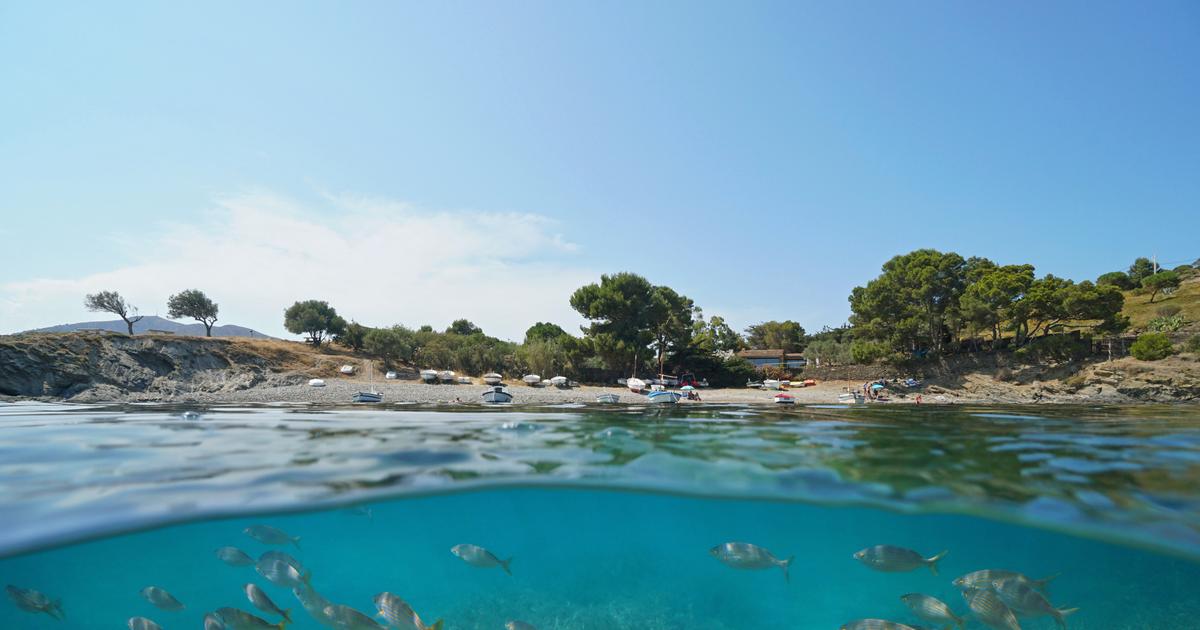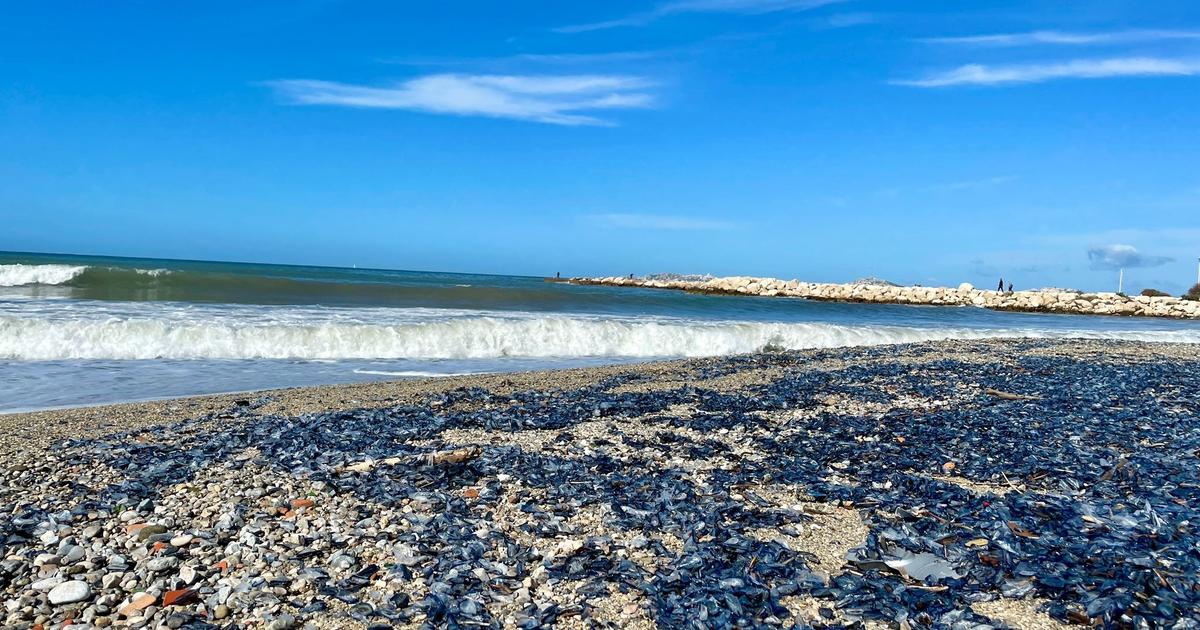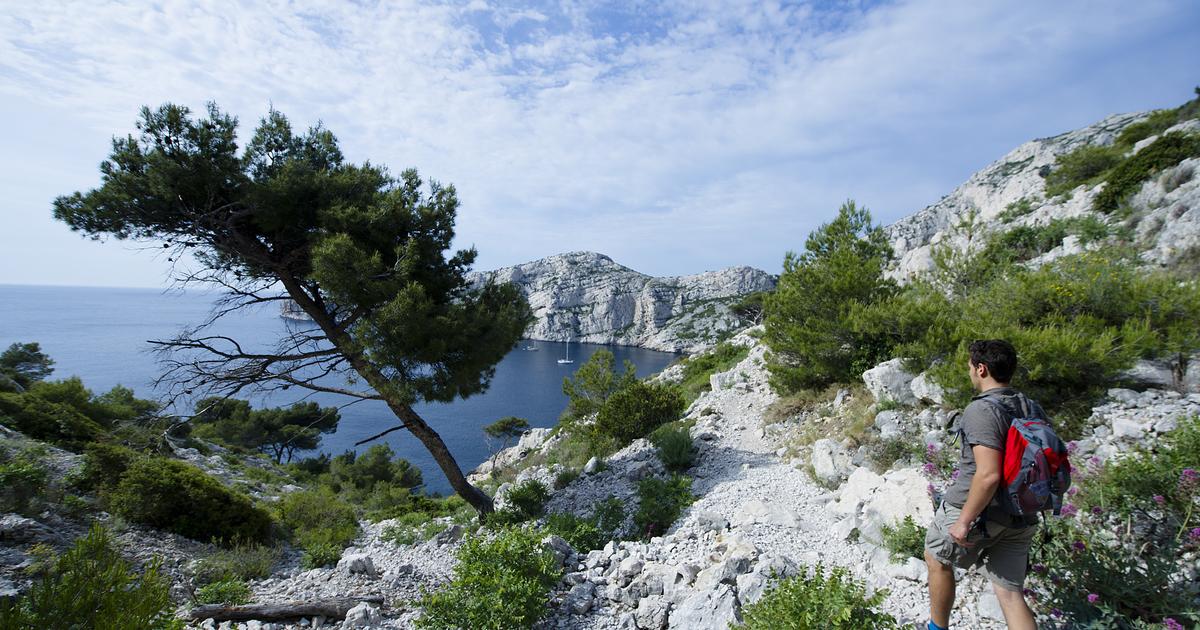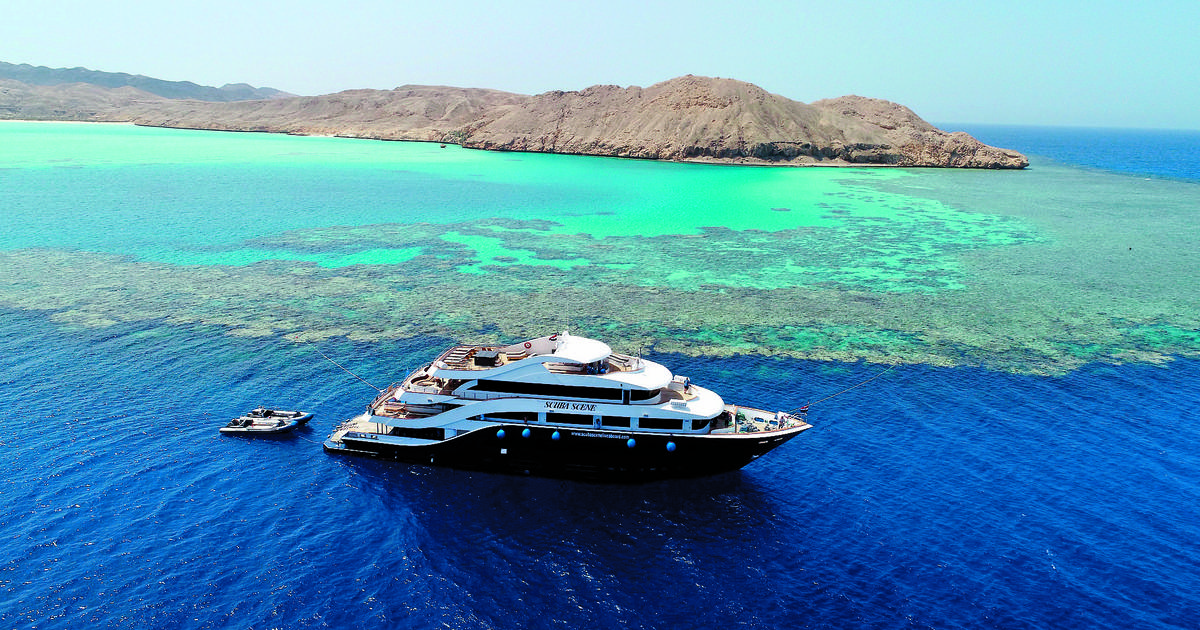The heat wave is felt as far as the Mediterranean Sea.
A buoy, located off the coast of Alistro in Corsica (East), recorded "
a peak of 30.7°C
" in the afternoon of Sunday July 24, according to the Keraunos Meteorological Observatory.
This extreme climatic anomaly is exceptional, the temperatures are on average 5°C higher than normal for the season, explains the observatory.
The “
sea heat wave
” affects the western Mediterranean, from the Strait of Gibraltar to Naples (Italy), with temperatures between 26 and 30°C, “
which is totally abnormal
”, affirms to Le
Figaro
Samuel Samot, researcher at the National Meteorological Research Center (CRNM).
“
We recently recorded up to 6.5°C above normal.
In principle, the water temperature does not vary from one week to another
,” adds the researcher contacted by
Le Figaro
.
Is global warming responsible?
These extreme climatic events appear against a background of global warming of the water since the end of the 19th century, due to human activities.
In Villefranche-sur-Mer, for example, "
the temperature of the water has increased by 0.9% over the past fifteen years
", specifies Jean-Pierre Gattuso, CNRS researcher at the Villefranche Oceanography Laboratory.
But this increase mainly concerns the surface of the water.
“
At depth, the Mediterranean is at 13°C
,” the scientist told
Le Figaro
.
The successive heat waves that hit Europe are the main cause of the heat wave: "
We can say that global warming amplifies the phenomenon
", assures Samuel Samot.
Read alsoGlobal warming: concern in the high mountains before the end of summer
In reality, it is not the rise in sea temperatures that worries researchers, but the duration and intensity of these heat wave episodes.
"
The sea reaches 30°C every year, but the longer the heat wave lasts, the more it has an impact on ecosystems
", says Thierry Perez, CNRS researcher at the Mediterranean Institute of Biodiversity and Marine Ecology. and continental.
What repercussions on marine biodiversity?
The main consequence is the massive mortality of certain species such as corals, gorgonians (corals, editor's note), posidonia (sea grasses, editor's note), sea urchins or sponges.
“
Living beings anchored in rock or sand
” are particularly concerned because “
they cannot move
” towards colder waters, presents Samuel Samot.
“
High temperatures promote the development of diseases
” causing the death of these beings, specifies the CRNM researcher.
Paramuricea clavata, a vulnerable species of gorgonians in the Mediterranean Sea.
Mario Munaretto
Specialists also note migrations of species from the southern Mediterranean to the North.
Researcher Jean-Pierre Gatturo counts “
400
”, including
“barracudas or groupers
”.
Others, coming from the Red Sea through the Suez Canal, land in the eastern part of the sea. The expert Thierry Perez calls this phenomenon “
meriodionalisation
”, in reference to the southern species currently on the move.
“
They move towards the poles to follow their thermal niches
”, explains Laurent Bopp, CNRS researcher at the Dynamic Meteorology Laboratory, contacted by
Le Figaro
.
However, the Mediterranean presents a constraint: “
Arrived north of the sea, the species cannot go further, which makes them more vulnerable to the dangers
”, he adds.
Are men affected?
The movement of these species disrupts the marine food chain, but also the fishing trade.
“Fishermen are no longer finding the species they used to fish for
,” says Samuel Samot.
More exotic animals end up in their crops and are more difficult to sell.
Professionals must then “
learn to value them in order to sell them to the consumer
”, concludes Thierry Perez.
Heavy rainfall can also be a consequence of rising sea temperatures. Jean-Pierre Gattuso evokes episodes in the Cévennes, as a driving force behind disasters such as floods: "
In autumn, if the Mediterranean is still warm, it creates a lot of evaporation and clouds.
The latter, saturated with seawater, can burst into the mountains and cause flooding, as was the case in October 2020 during
storm Alex
in the Alpes-Maritimes
”.
Read alsoBiodiversity: the silent decline of butterflies in France
To avoid, or limit, the climatic repercussions on marine and terrestrial life, Laurent Bopp affirms that solutions are possible and effective, such as "
limiting pollution, the degradation of the marine habitat
" or even "
changing fishing techniques
" .
.
“
If we limit our emissions, we can reach the figures of
the Paris agreement
”
.








/cloudfront-eu-central-1.images.arcpublishing.com/prisa/NVNWO3I775MZS65U3OPMLBFLF4.jpg)
